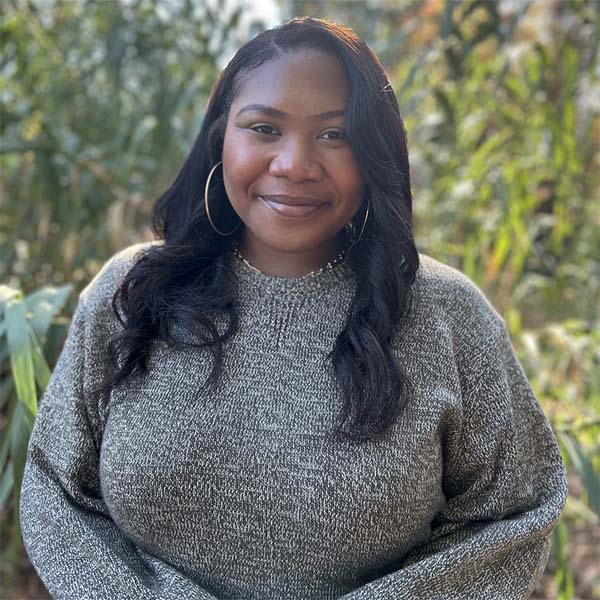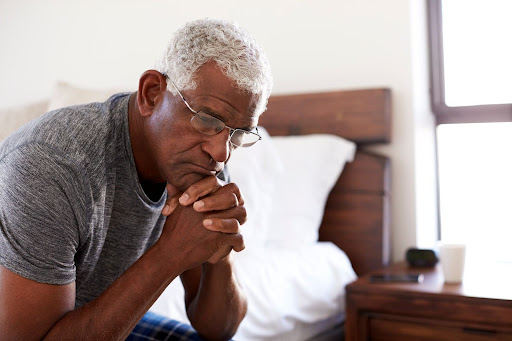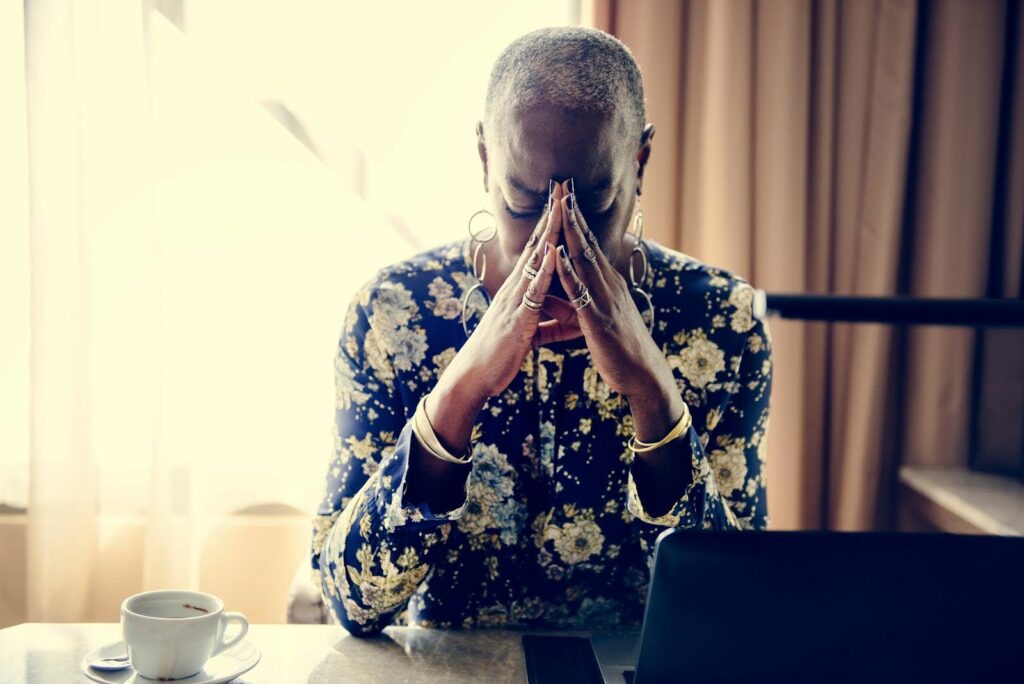Mental health plays as big of a role as physical health in the overall being, yet it is often overlooked. Within the African American community, issues with mental health are frequently accompanied by a significant stigma that can prevent individuals from seeking the help they may desperately need. The cultural values of resiliency and perseverance that African Americans have has created a barrier in their willingness and openness to reach out for help. This blog explores the roots of this stigma, its impact on the African American community, and ways to break down these barriers to ensure everyone can access the mental health care they need and deserve.
Historical Context
The roots of mental health stigma in the African American community are deep and multifaceted. African Americans have faced severe discrimination, prejudice, systemic racism, oppression.These experiences have contributed to an overall mistrust of medical institutions. During slavery and segregation, African Americans were often subjected to brutal treatment and denied adequate medical care. Many feel as though their problems are not being taken seriously, and aren’t being heard. The rate of accurate diagnosis, and appropriate medical treatment has been disproportionate to those of other races. This study shows that some clinicians failed to consider mood symptoms in African Americans when diagnosing schizophrenia. This historical and ongoing trauma has created a lasting impact, fostering skepticism towards the healthcare system.
Cultural Factors
Cultural beliefs and norms also play a significant role in the stigma surrounding mental health in the African American community. A good example of this is the emphasis on self-reliance and resilience, which stems from a long history of overcoming adversity. There is also a strong need to maintain privacy when experiencing struggles. The idea of including someone into our personal lives is often off-putting and foreign to many African Americans. Many times we feel the need to appear as though we are doing well, while silently suffering on our own. While some of these traits are admirable, they can often lead to the misconception that seeking help for mental health issues is a sign of weakness. Additionally, there may be a fear of being labeled as “crazy” or “unstable,” which can discourage individuals from discussing their struggles openly. The ongoing exposure to trauma in the African American community has caused some of us to become “desensitized” to said trauma, which can lead to minimizing and/or denial of real symptoms of depression or anxiety.
Impact of Stigma
The stigma surrounding mental health has created serious consequences in our community. African Americans are less likely to seek mental health services compared to their white counterparts. This study shows that African Americans are only 25% likely to seek help as compared to white counterparts who are 40% likely to seek help. Lack of management over mental health issues can lead to a mental health crisis. This can put African Americans in even more danger of experiencing violence and maltreatment with law enforcement. For example, if a young African American boy is exhibiting negative behaviors in school, the first and only step is often disciplinary action. However, negative behaviors are often linked to lack of emotional management and impulse control. The young boy having a safe space to express his feelings, and learn how to appropriately control his impulses can completely change the trajectory of his path. We often resort to spanking and punishment when in actuality, we need to examine the why behind the behaviors. Neglecting the appropriate care can lead to untreated mental health conditions, exacerbating issues like depression, anxiety, and PTSD. Furthermore, the stigma can prevent individuals from talking about their experiences, leading to a sense of isolation and helplessness.
Breaking the Stigma
As we have seen, the African American community has significant roots of stigma associated with mental health. This does not mean that it is impossible to foster understanding and acceptance of mental health care. In fact, it is valuable information that helps us understand how best to move towards acknowledging the importance of mental health. Here are a few ways to do so below:
- Education and Awareness: It is imperative that we spread the truth and foster understanding about mental health by educating the public. This includes dispelling myths and providing accurate information about mental health conditions and treatments. You don’t have to have a platform to do this! A simple shift in perspective and supporting those affected by mental health issues can spread awareness to the people around you!
- Representation in Mental Health Care: Having access to and knowledge of African American mental health professionals can help build trust and provide culturally competent care. There are many different counselor directories where you can search for a provider to match with you, like this directory called Black Therapists Matter. Or feel free to schedule a consultation call with one of our BIPOC providers here!
- Community Support: Building strong support systems within the community can encourage individuals to seek help. You can make the difference when it comes to someone deciding whether or not to seek professional help. Churches, community centers, and small groups can offer safe spaces for discussions about mental health, reducing the sense of isolation and stigma.
- Normalizing Mental Health Conversations: Encouraging open conversations about mental health can help normalize the experience and reduce stigma. Everyone will experience different circumstances that can pose a danger to one’s mental health. We have to be okay with taking care of ourselves, not just physically, but also emotionally. It’s okay to not be okay!
The stigma of mental health among African Americans is a complex issue with deep historical and cultural roots. However, through education, representation, community support, and accessible care, we can begin to break down these barriers. Everyone deserves the chance to live a healthy, fulfilling life, and addressing mental health stigma is a crucial step towards making that a reality for the African American community. Don’t wait to start your mental health journey. Click here to connect with our amazing Atlanta counselors today!




